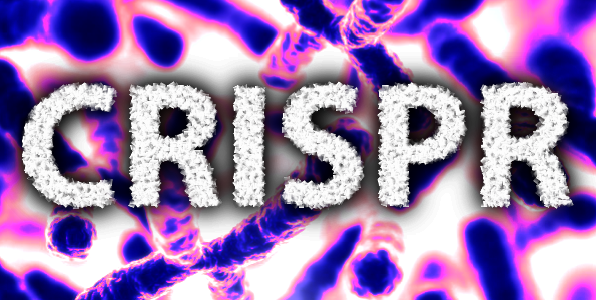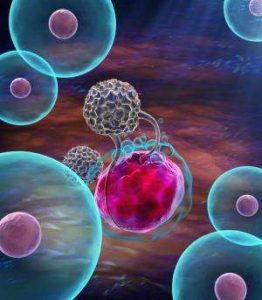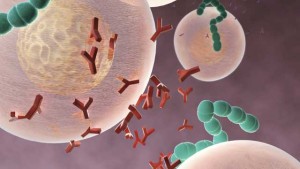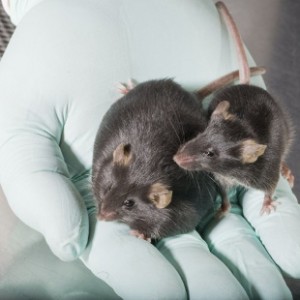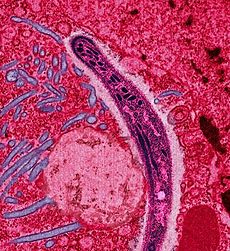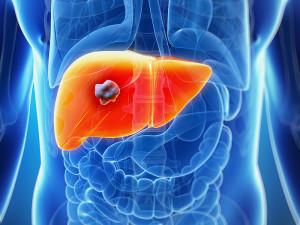Bacteria can fend off viral infections by chopping up their DNA with their CRISPR-based immune system, but sufficient numbers of phages can overwhelm microbes’ defenses. In two papers published in Cell today (July 19), scientists report that part of phages’ strategy appears to be an “altruistic” method of invasion, in which viral genomes that never succeed in replicating nonetheless impair bacterial immunity and facilitate infection by other viruses.
“This work shows that phages can work together to disable bacterial immune systems, and this has important implications for using phage to treat human infections, since the dose of phage that is used can determine whether the phage is able to kill the bacteria,”
Stineke van Houte, a coauthor of one of the studies and a researcher at the University of Exeter, says in a press release.
To understand how phages get past bacteria’s CRISPR systems, van Houte and her colleagues looked at the production of so-called Acr (anti-CRISPR) proteins by viruses known as Acr-phages. Although bacteria can resist Acrs, they don’t always do so completely, and phages can overcome this resistance by ganging up on the microbes.
“Acr-phages often need to cooperate in order to overcome CRISPR resistance, with a first phage blocking the host CRISPR-Cas immune system to allow a second Acr-phage to successfully replicate,” van Houte and coauthors report in their study. “This cooperation leads to epidemiological tipping points in which the initial density of Acr-phage tips the balance from phage extinction to a phage epidemic.”
Likewise, the other study reports that an initial, unsuccessful infection by a phage leaves a bacterium immunosuppressed and vulnerable to subsequent infections. Studying Pseudomonas aeruginosa, Joseph Bondy-Denomy at the University of California, San Francisco and his colleagues observed that the first, sacrificial virus produces Acr proteins to weaken bacterial immunity. The virus “gets destroyed,” says Bondy-Denomy in a press release, “but along the way it starts to produce a few of these anti-CRISPR compounds that will neutralize some CRISPRs and therefore help its kin, the subsequent phage infection.”

